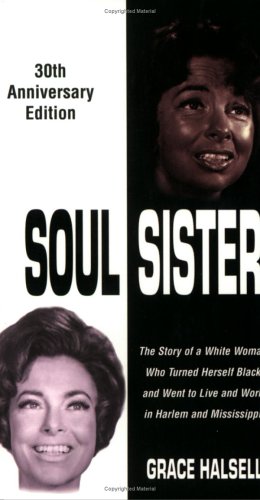The Baptism of Early Virginia: How Christianity Created RacePosted in Books, History, Media Archive, Monographs, Native Americans/First Nation, Religion, Slavery, United States, Virginia on 2015-06-17 22:54Z by Steven |
The Baptism of Early Virginia: How Christianity Created Race
Johns Hopkins Univesity Press
August 2012
240 pages
1 halftone, 1 line drawing
Hardback ISBN: 9781421407005
Rebecca Anne Goetz, Associate Professor of History
New York University
In The Baptism of Early Virginia, Rebecca Anne Goetz examines the construction of race through the religious beliefs and practices of English Virginians. She finds the seventeenth century a critical time in the development and articulation of racial ideologies—ultimately in the idea of “hereditary heathenism,” the notion that Africans and Indians were incapable of genuine Christian conversion. In Virginia in particular, English settlers initially believed that native people would quickly become Christian and would form a vibrant partnership with English people. After vicious Anglo-Indian violence dashed those hopes, English Virginians used Christian rituals like marriage and baptism to exclude first Indians and then Africans from the privileges enjoyed by English Christians—including freedom.
Resistance to hereditary heathenism was not uncommon, however. Enslaved people and many Anglican ministers fought against planters’ racial ideologies, setting the stage for Christian abolitionism in the late eighteenth and early nineteenth centuries. Using court records, letters, and pamphlets, Goetz suggests new ways of approaching and understanding the deeply entwined relationship between Christianity and race in early America.








